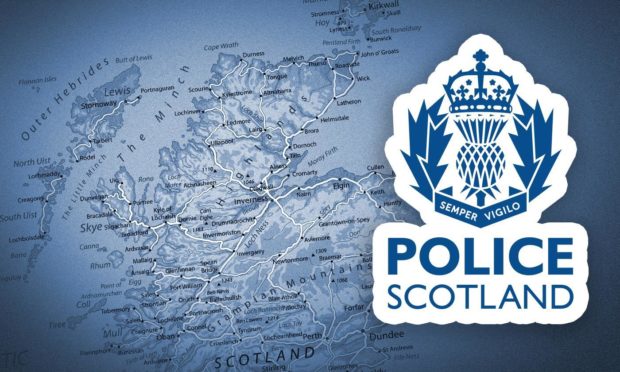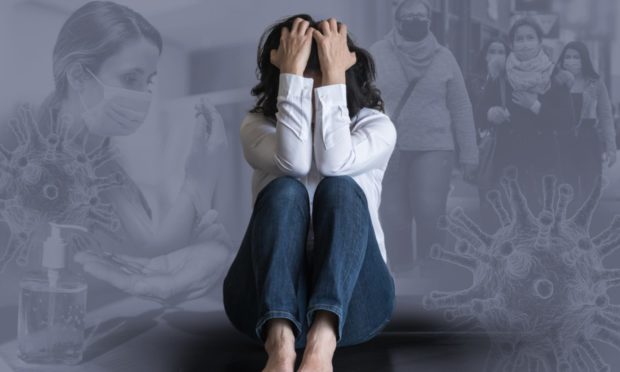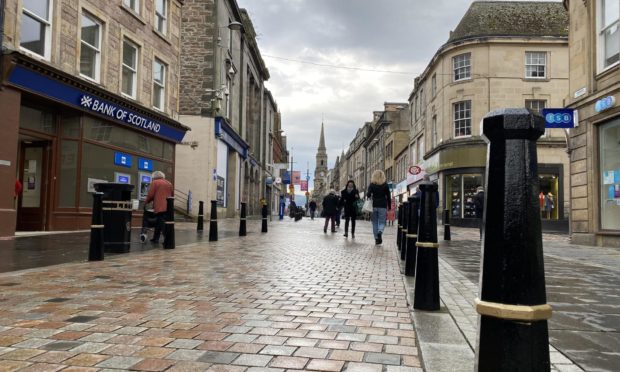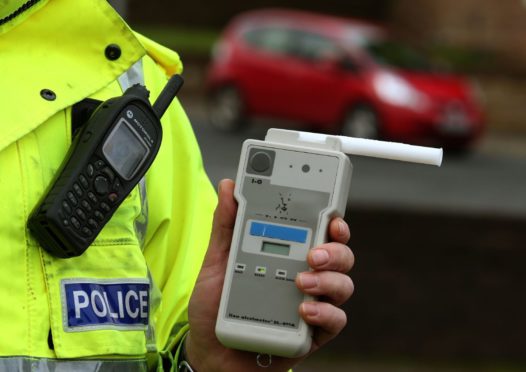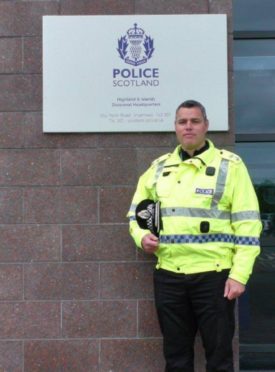The latest statistics from Police Scotland have revealed a picture of crime in the Highlands and Islands since the loosening of coronavirus restrictions.
Quarterly figures from Police Scotland’s performance report show a slight decrease in recorded offences in five categories such as sexual and violent crimes from April to June compared to the same time last year for the Highlands and Islands.
A total of 2,101 crimes were recorded in those categories a drop from 2,188 in the same time period the previous year.
Of those 1,499 were detected in April to June 2020/21 and 1,406 for the same period this year.
However, outwith the main crime groups, there was a sharp increase in driving offences – particularly speeding.
Rise in assaults but drop in emergency worker attacks
There were 522 common assaults recorded compared to 513 the previous year.
However of those 77 were assaults on emergency workers – a decrease on the previous year when it was 119.
Seventeen domestic abuse offences were recorded under the domestic abuse act 2018 down from 21 the previous year.
However, the number of domestic abuse incidents recorded fell from 778 of which 36.2% resulted in a crime report to 670, where 39% led to a crime report.
While the number of serious assaults stayed the same at 29. There were no murders recorded compared to three the previous year. And there was one attempted murder compared to four for the same time in 2020/21.
Increase in sex crimes
The total number of indecent/sexual assaults increased from 25 to 46.
However, the number of rapes recorded fell from 57 to 28.
Drop in housebreaking and shoplifting
There were 10 recorded offences of housebreaking compared to 25 last year. Motor vehicle crime, which includes theft and attempted theft, went up slightly from 22 to 28.
Shoplifting offences recorded fell from 168 to 141.
Fraud increased from 106 to 176.
Fireraising goes up but vandalism falls
Recorded offences of vandalism fell from 370 to 365, while fireraising was 15 compared to 10 in the previous year.
Drop in weapon offences
There were 18 recorded offences for carrying offensive weapons, while the total number of offences for offensive/bladed weapons fell from 71 to 52.
Drugs supply falls but possession rises
While the total number of drug offences increased by only one – going from 506 to 507 – there was a fall in the number of recorded drug supply offences. Thirty seven were recorded from April to June compared to 53 the previous year.
Drug possession however went from 445 to 470.
Less breach of the peace and stalking offences
Recorded breach of the peace offences fell going from 35 to 19, while stalking offences fell from 7 to 3. Racially aggrevated conduct went from 6 to 5.
All breach of the peace offences including threats and stalking fell from 421 to 399.
Rise in dangerous driving and speeding soars
Seventy six dangerous driving offences were recorded compared to 40 the previous year.
There was a fall in drink and drug driving offences going from 188 to 180.
However the number of speeding offences saw a sharp rise, with 817 recorded from April to June as opposed to 409 the previous year.
What do the police say?
Divisional Commander, Chief Superintendent Conrad Trickett said: “The pandemic has changed the policing needs of our communities and despite recording reductions in recorded crime, we are not complacent and acknowledge that domestic abuse and sexual crimes remain under-reported.
“We acknowledge that the home is not always a safe place for everyone and we continue to work alongside our colleagues in national specialist units and our partners to detect cases of domestic abuse, violence, sexual crimes and provide support to victims and their families.
“Local policing continues to be supported by specialist and national teams who are delivering a service to our local communities. This can be seen in the work road policing officers are delivering to improve road safety by carrying out operational activity to tackle inappropriate speeds on our roads as well as drink and drug driving.”
“We are also seeing results locally thanks to the work conducted by teams such as the National Child Abuse Unit, the Domestic Abuse Task Force and the Major Investigations Team.
“We also continue to focus on tackling the harm of controlled drugs and have conducted a number of operations to target the supply of drugs in our communities. Enforcement alone is not the answer and we are working closely with our partners to signpost vulnerable people towards support services.
“The pandemic has been unprecedented for us all, however the officers and staff working across the Highland and Islands Division have been steadfast in their dedication to keeping communities safe. I want to thank them for their efforts over what has been a challenging period.”
